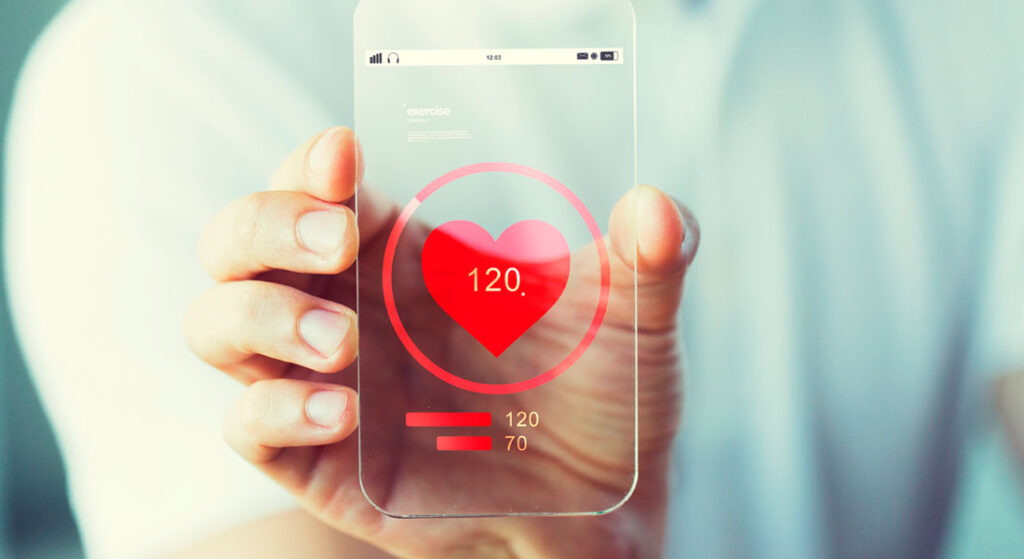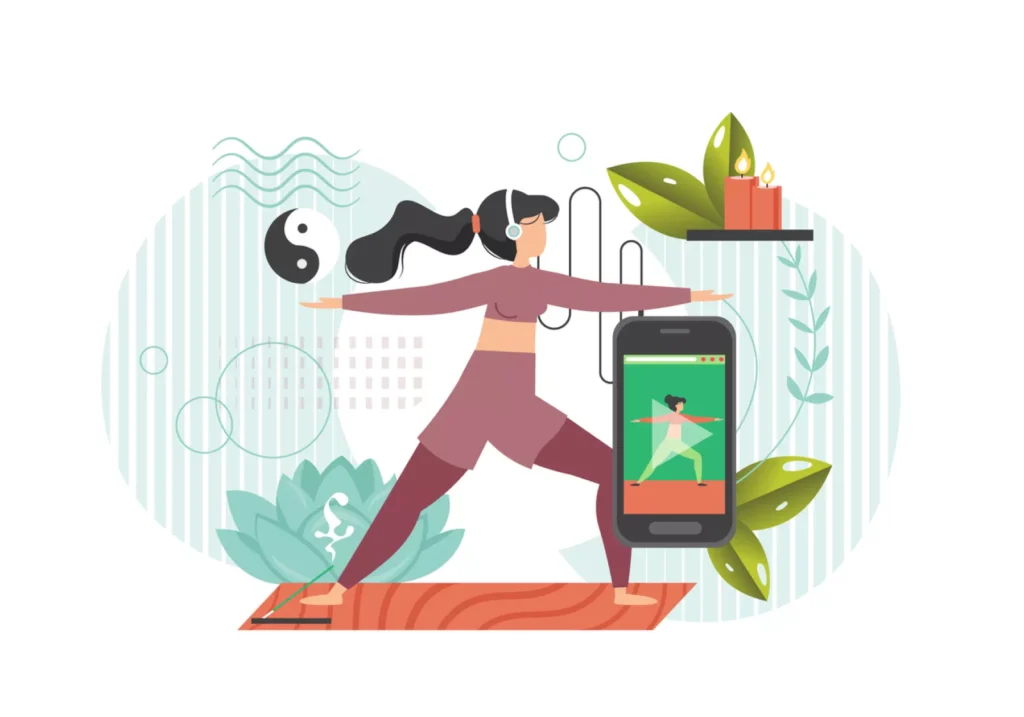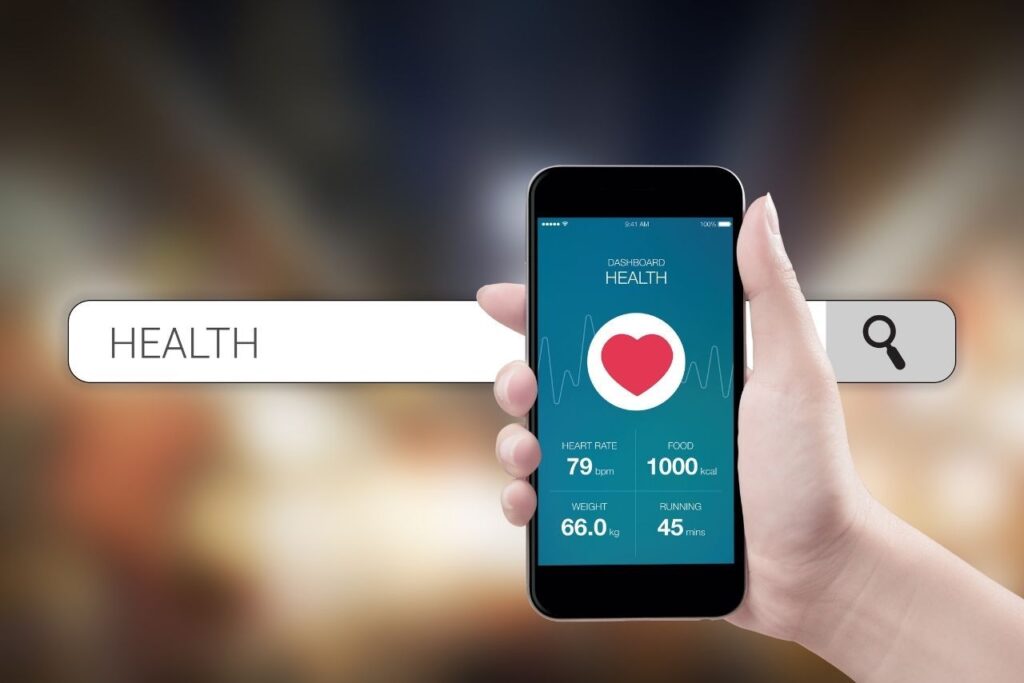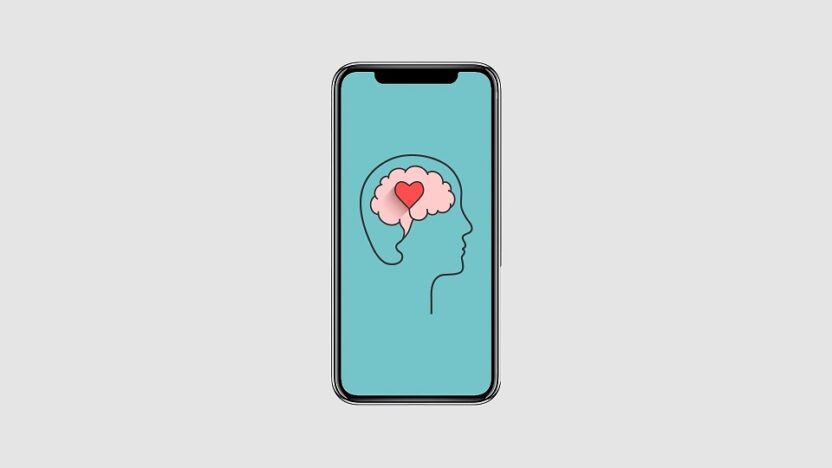
In today’s fast-paced world, maintaining mental wellbeing can feel like an uphill battle. With stress, anxiety, and depression increasingly affecting our lives, more people are turning to technology for support. This article uncovers the secrets behind the most effective mental health apps, detailing how they work and how they can transform your everyday life. The power of digital tools is revolutionizing traditional psychological care by delivering personalized and accessible strategies for managing mental health challenges. Discover expert-backed features, inspiring user stories, and practical tips to integrate these apps into your routine. Whether you’re new to mental health apps or a seasoned user, this comprehensive guide is your pathway to enhanced wellbeing.
Understanding the Psychology Behind Mental Health Apps
The fusion of technology and psychology has paved the way for innovative mental health solutions that complement traditional therapies. Modern mental health apps are far more than digital diaries; they arise from a deep understanding of behavioral science, cognitive therapies, and motivational psychology. Self-help and self-monitoring techniques are scientifically validated to improve mental wellbeing by providing users with the tools to track their mood, manage stress, and build resilience every day.
Research in cognitive-behavioral therapy (CBT) has shown that systematic practice of cognitive techniques leads to significant mental health improvements. Many apps integrate CBT-based strategies, guiding users through exercises that help identify and challenge negative thoughts. This digital approach is especially effective for those overwhelmed by the pace of modern life, offering flexible and accessible ways to engage in therapeutic practices anytime, anywhere.
From self-awareness exercises to mindfulness practices, mental health apps deliver psychoeducational content tailored to individual needs. This personalized approach, combined with on-demand access, is reshaping mental health care. By using techniques grounded in solid research and practical psychology, these apps meet users where they are, empowering them with knowledge and tools to effectively manage their mental health journey.
Core Psychological Principles Embedded in Apps
- Cognitive Behavioral Therapy (CBT) techniques help users reframe negative thought patterns.
- Mindfulness practices built into apps offer strategies to effectively manage stress.
- Behavioral activation encourages engagement in fulfilling daily activities.
- Psychoeducational elements empower individuals with crucial insights into mental health and coping strategies.
Key Features and Benefits of Top Apps

Leading mental health apps stand out through a variety of features that promote daily wellbeing. Most of these apps include interactive exercises, mood tracking tools, goal-setting functions, and sometimes even direct access to mental health professionals. The inclusion of real-time feedback mechanisms enables users to make immediate adjustments to improve their mental state, delivering an engaging and supportive experience.
A major advantage of these apps is the use of personalization algorithms that adapt to each user’s unique needs. Whether through tailored therapy sessions or customized meditation programs, users receive content that aligns with their specific challenges. This high level of customization is key to sustained engagement, providing fresh insights and strategies to manage mental health effectively.
Furthermore, gamification elements such as rewards and achievements play a crucial role in keeping users motivated. Studies indicate that small, attainable goals can lead to substantial improvements in mental health over time. Interactive, gamified techniques make therapeutic practices more accessible, especially for individuals who may feel intimidated by traditional therapy settings.
Innovative Features that Enhance Wellbeing
Personalized therapy sessions that adjust based on user feedback are a major draw. Artificial intelligence enables these apps to learn from your interactions and refine the guidance provided.
Real-time mood tracking and analytics empower you to identify emotional patterns and triggers, offering valuable data to support your mental health journey.
User Engagement and Gamification
Interactive elements like daily challenges and streaks in meditation help build consistent habits and keep you ultimately engaged. They encourage small, positive steps that lead to lasting improvements.
A reward system with virtual badges adds an extra layer of motivation, reinforcing adherence to your mental health routines.
Expert Reviews, Case Studies, and User Testimonials
Experts in psychology and mental health have lauded the innovative approach of top mental health apps. Reviews in scientific journals and reputable health publications emphasize the efficacy of these digital tools as a supportive addition to traditional therapy. Many respected mental health professionals now recommend these apps as part of a comprehensive approach to daily wellbeing.
Numerous case studies highlight significant improvements in users’ mental health. For example, individuals dealing with anxiety have reported noticeable symptom relief when using apps that focus on mindfulness and cognitive restructuring. Personal testimonials further validate these results, as users share stories of reduced stress, better sleep, and overall improved quality of life. These real-world experiences highlight the transformative potential of digital interventions in psychological care.

Moreover, mental health apps often enhance user engagement by providing a continuous support system. They serve as a bridge during times when in-person therapy is not available, offering a valuable safety net. Testimonials range from demonstrating short-term relief to showcasing long-lasting stability, reaffirming the powerful impact of these digital tools on mental wellbeing.
Highlights from Expert Opinions
- Consistent positive outcomes in clinical trials underscore the effectiveness of these apps.
- Combining digital solutions with professional guidance creates a versatile, hybrid model of care.
- Experts recommend these apps as a complement—not a substitute—for ongoing therapy.
- User testimonials frequently cite decreases in anxiety and depressive symptoms.
Integrating Mental Health Apps into Your Daily Routine
Incorporating a mental health app into your everyday routine can truly be transformative. It begins with a mindset shift—from treating mental health as an occasional task to embracing it as a consistent, engaging practice. Techniques like setting reminders for meditation, updating mood logs regularly, and participating in interactive challenges help seamlessly incorporate these apps into your daily life. Developing effective habits is essential for building long-term mental resilience.
Start small by integrating short, manageable routines that utilize the app’s features. As you grow more comfortable, you can gradually increase the duration and complexity of your practices. This step-by-step approach minimizes overwhelm and allows you to experience the benefits in real time. With flexible scheduling, these apps can be tailored to fit your lifestyle—whether you have a few spare minutes in the morning or prefer longer sessions in the evening.
In addition, combining mental health apps with offline practices such as regular exercise, balanced nutrition, and quality sleep can significantly improve overall wellbeing. Creating a holistic routine that addresses both your physical and emotional needs is key. Blending digital tools with traditional methods offers a proactive and empowering way to manage mental health.

Practical Steps to Daily Integration
Set specific times each day for mental health check-ins, using app prompts to guide your relaxation techniques and mindfulness exercises.
Leverage app analytics to track your progress over time, enabling you to adjust and set personalized goals as your needs evolve.
Combining Online and Offline Practices
Establish a balanced routine that combines app-based exercises with traditional wellness activities like physical exercise and in-person social interactions.
Consider discussing your app usage with a mental health professional to ensure a coordinated strategy that complements any ongoing treatment.
Future Trends in Digital Mental Health
As technology continues to advance, the future of mental health apps promises even greater sophistication and accessibility. Emerging trends include the integration of artificial intelligence, which offers predictive analytics and personalized care, as well as augmented reality features providing immersive therapeutic experiences. These innovations are grounded in ongoing research and a deepening understanding of mental health in a digital era. Rapid tech evolution is paving the way for more intuitive, interactive, and inclusive mental health care.
Future developments may see these apps interfacing more closely with wearable devices, tracking a broader range of biometric data such as heart rate variability, sleep quality, and stress hormone levels. This real-time data can help refine therapeutic recommendations, ensuring that users receive timely and personalized guidance.
Moreover, new collaborative platforms could emerge, enabling users, therapists, and researchers to share insights and experiences. This community-focused approach may drive innovations that are both reactive and predictive, helping preempt mental health challenges before they escalate.

Emerging Innovations Shaping the Future
- Advanced AI algorithms that predict mood changes and recommend personalized interventions.
- Deeper integration with wearable technology for real-time monitoring of physiological and emotional states.
- Potential virtual reality (VR) experiences that provide immersive, calming therapeutic scenarios.
- Enhanced community platforms for peer support, professional feedback, and shared best practices.
Content Additional
The growing public awareness around mental health has spurred new research initiatives and increased funding for psychological studies. This momentum is driving improvements not only in app development but also across the broader mental health ecosystem. Extensive studies have documented the benefits of regular mindfulness practices—often a key feature in leading mental health apps. As healthcare systems embrace digital solutions, investments in data analytics and secure platforms have surged. This balanced focus on technological innovation and ethical responsibility is vital for advancing mental health support.
Educational institutions and workplaces are increasingly integrating mental health apps into their wellness programs. This trend signifies a cultural shift towards recognizing mental health as a crucial component of overall wellbeing. As digital-native generations lead the way, technology-driven strategies for mental wellness are expected to proliferate. Future enhancements will likely push further personalization, adaptive learning algorithms, and a holistic approach that combines physical and emotional health tracking. Governmental health agencies are even exploring partnerships with developers to ensure these tools meet regulatory standards while delivering substantial benefits to users.
For users, this means access to a growing array of features and support systems tailored to meet individual needs. From AI-driven insights that predict anxiety episodes to interactive support groups offering round-the-clock community assistance, the future of mental health care is promising. Staying informed and proactive is the best way to leverage the full potential of these emerging digital therapies.
To sum up, integrating mental health apps into your daily routine is transforming how we approach psychological care. As explored throughout this guide, these digital tools combine accessibility, personalization, and clinically supported strategies to improve mental wellbeing. Using these apps alongside traditional therapy empowers you to take control of your mental health. By understanding the psychology behind these tools, recognizing their benefits, and learning from real-life testimonials, you can make informed decisions about the best app for your needs. With technology advancing rapidly, mental health care is evolving—one innovative app at a time.




